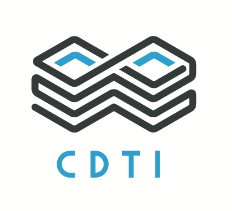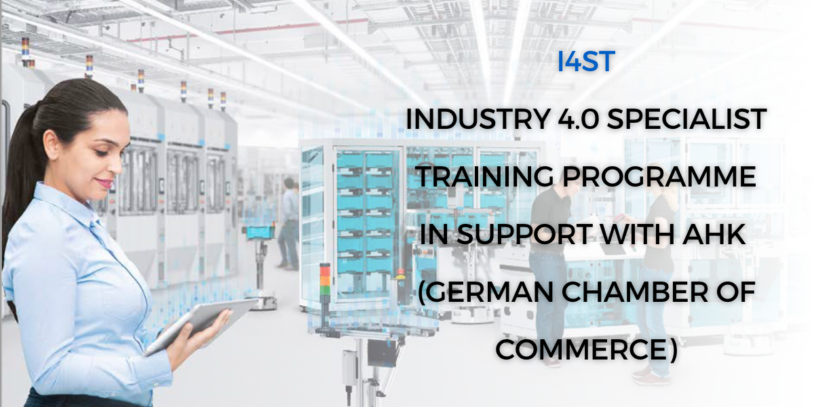Industry 4.0 describes a paradigm shift in manufacturing for Factory of Future (FoF) and often referred to as the Smart Factory – a factory enabled with data and connectivity to enhance the flexibility and adaptability of production systems to respond quickly to the changing demands of the market.
It is not only changing the future of manufacturing, but also affecting the organisation and the employees with changing job profiles and new business models.Therefore, qualification for Industry 4.0 becomes a key success factor for industrial companies.
The Industry 4.0 Specialist Training Programme is offered by Festo Didactic and Technical University of Munich (TUM) Asia with Malaysian-German Chamber of Commerce and Industry (MGCC) as the German certification body by following the standards of the Association of German Chambers of Industry and Commerce (DIHK). The objective is to offer a certification in the certification corridor – local dual training with elements of the German system.



